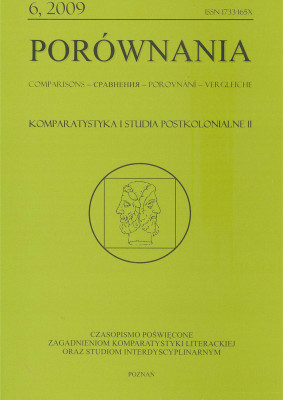Postmodern postcolonialism in Slovak Literature
The term postcolonialism is mainly related to the third world, in literature it refers to topics concerning works which reflect the conditions in the society after the years of oppression, humiliation, underestimation and society remanded at a lower level of development. However, Central Europe that had to suffer under the Russian rule and found itself in (semi) colonial conditions, is usually left out. Slovak and Czech society were exposed to such ideological pressure, that they were deprived of independence and individual freedom of citizens. There was a certain relief in 1968, in the period after so called Prague Spring, but after invasion of the troops of the Warsaw Treaty in August, Czechoslovak society gets into the state of complete dependence on Moscow again. Literature (art) is gradually waking up from lethargy and in a concealed form gives evidence about a colonial condition of spiritual life. Alternative appeal of art was a motive power for changes which happened by means of so called Velvet Revolution in 1989. A new era, that literature gets into after the changes thanks to the Velvet Revolution could justly be called the period of post-colonialism, which means Post- Colonial Period. The paper offers an outline of the specific conditions of the culture in various periods, but mainly of the period of Prague Spring. The changes in literature and art after 1989 are perceived even more expressively (abolition of the censorship, comeback of taboo-authors into literature, publishing of forbidden works, rise of new publishing houses and magazines).
ISSN: 1733-165X
| Article Title | Type | Size |
|---|---|---|
| 6 8 Zilka T. Postkolonializm pod postacia postmodernizmu | [pdf] | [226 KB] |
